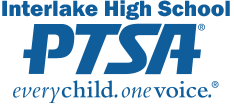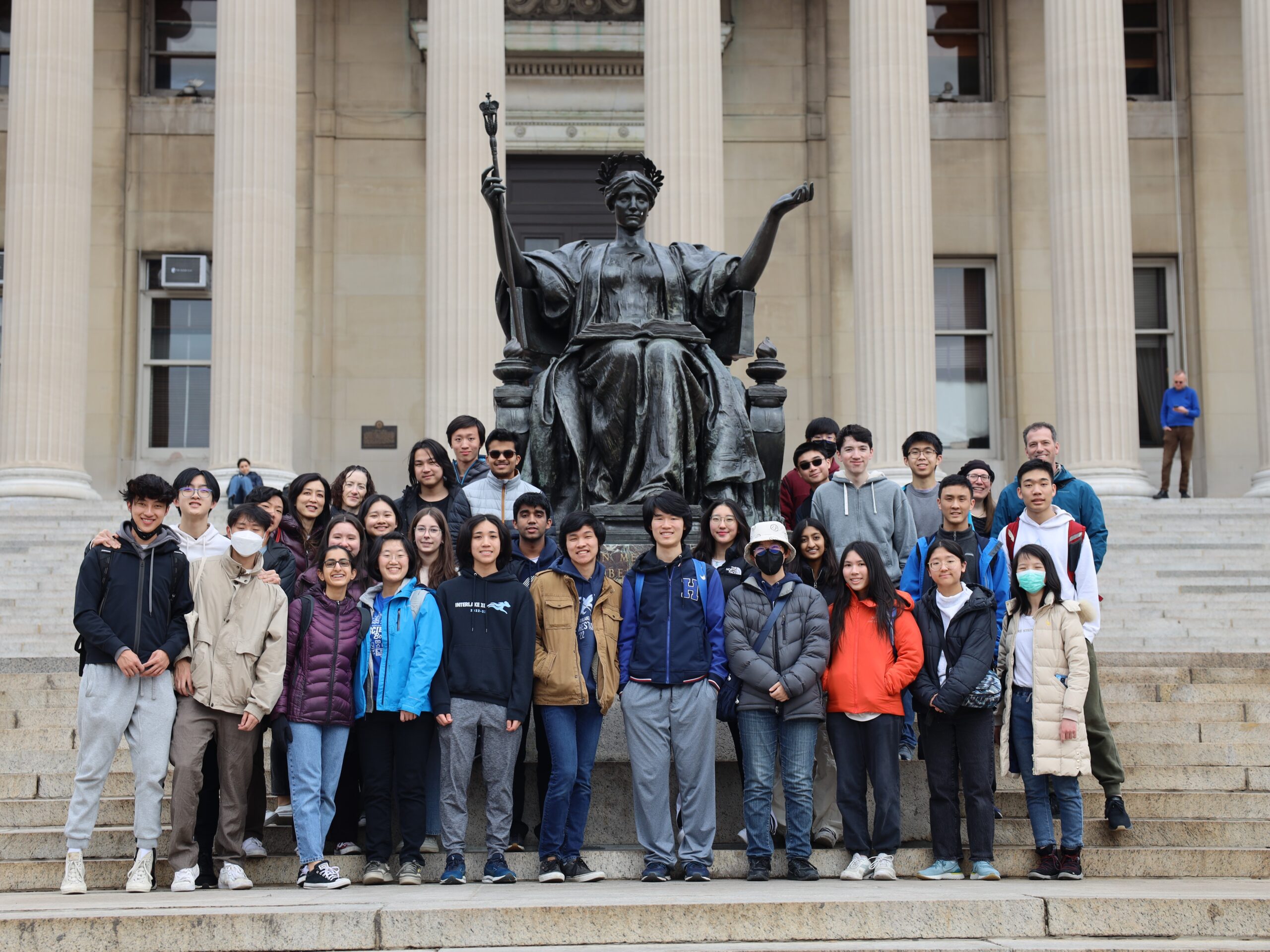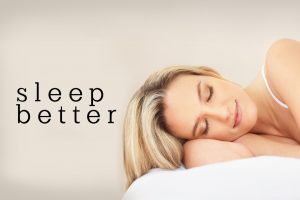Sleep – Final Exams’ Secret Weapon
With finals around the corner, it’s easy to underestimate how much sleep helps with test performance. Here are three sleep related things to know.
- Nothing helps a human perform better on a test than sleep. Let’s say you can A) stay up late to study a lot, or B) study less and get a restful night’s sleep. Option B is proven to be better. See the first item on the test checklist from the fabulous Coursera course, Learning How to Learn.
- The teen sleep cycle makes this harder. Our “Circadian rhythm” is akin to a natural clock. Oddly, in teens, the desire to go to sleep occurs later than in adults. So telling a teen to go to bed by 9:30 is like telling a typical parent to go to bed by 7 pm. It’s hard to do this well. And likewise, for a teen to get up by 6:30 am is like a parent getting up by 4 am. ( Sidebar: it’s mystifying why the school district rolled back the start time from 8:30 am to 8 am. We did our kids no favors. Gosh. )
- Pop Quiz: If a teen sleeps 6 hours instead of 8 hours, is that a 25% loss of sleep? Not really. The last few hours of sleep is when the brain transfers yesterday’s learning from short term memory to long term memory. It’s loosely similar to a mainframe computer running a batch job. Brain waves are known as “sleep spindles” network between the hippocampus and far corners of the brain to clear a path to learning. Researchers believe when you wake up too early, the info transfer is incomplete, and the hippocampus has not freed up space, making it harder for taking in today’s lessons. So it’s not a 25% loss, it may be more like a 75% loss of a vital sleep function.
11 tips to consider for your teen for the rest of the school year at the least:
- Priority. Make sleep a priority for your teen. Period. 8 hours is your goal.
- Routine. Go to bed and wake up at the same time every night and day, including weekends.
- Routine. Develop a relaxing, nightly routine such as reading, listening to music, taking a bath.
- Routine. Don’t end the day with stressful tasks like work, email, local news, etc.
- Naps can help, a lot, if they are 30 mins or less, and not too close to bedtime. Naps can: help boost productivity, focus, & learning ability; and lower burnout. Note: naps don’t make up for lost sleep.
- Make your room a sleep sanctuary. Make it conducive to sleep — complete quiet, total darkness, a comfortable bed.
- Gear up: Sleep goggles & ear plugs can be very helpful.
- Exercise: Get regular exercise during the day, particularly right after school.
- Avoid stimulants and alcohol — caffeine, nicotine, and booze are terrible for good sleep. Ideally, nothing after 1 pm.
- Use a blue light filter. Given that lots of homework is done via a laptop, make sure a bluelight filter is activated like Windows Night Light (go to Settings, System, Display) or f.lux. Same for smartphones via apps like Twilight.
Avoid substitutes – – sleeping pills are terrible as they suppress vital brain activity; cool sounding juices just don’t replace the complex and nearly mystical thing we call sleep.


